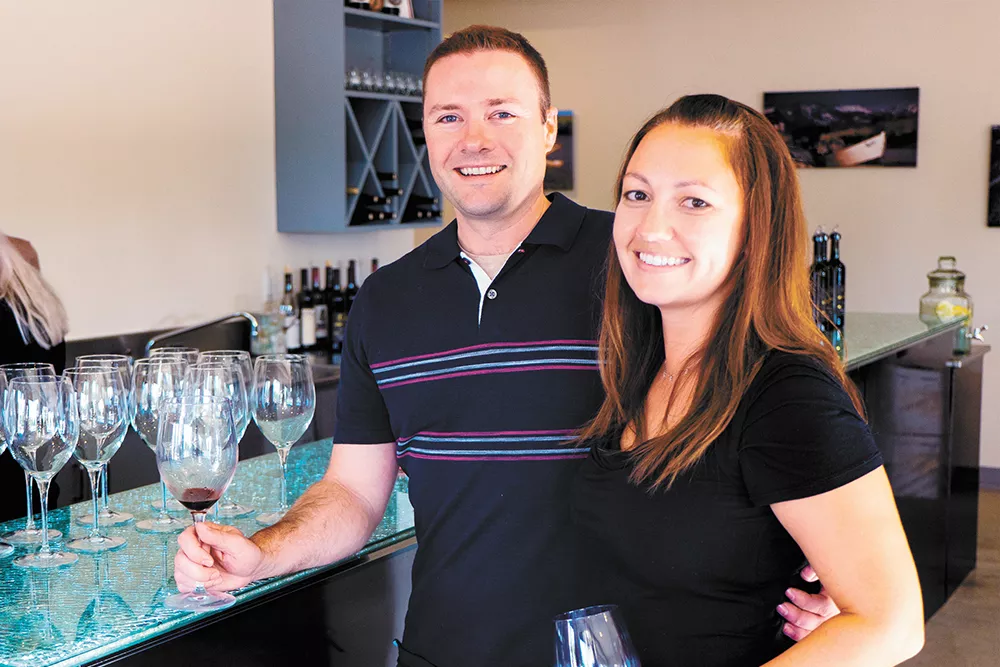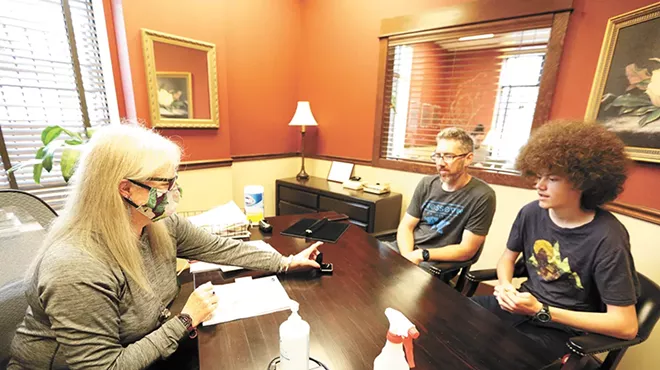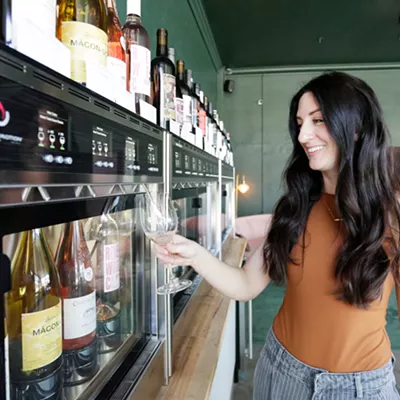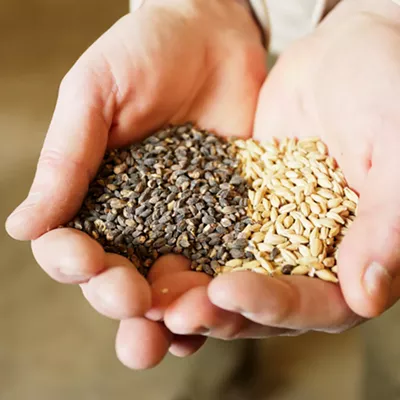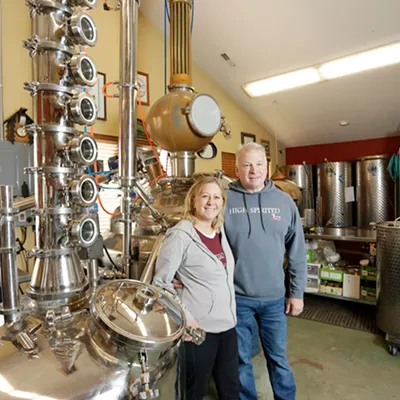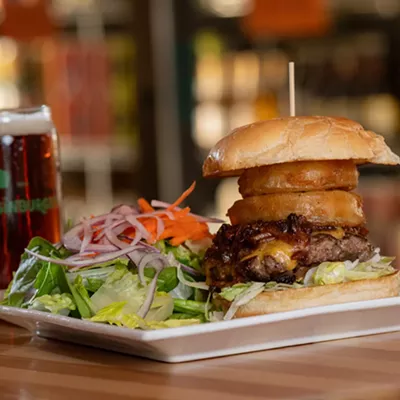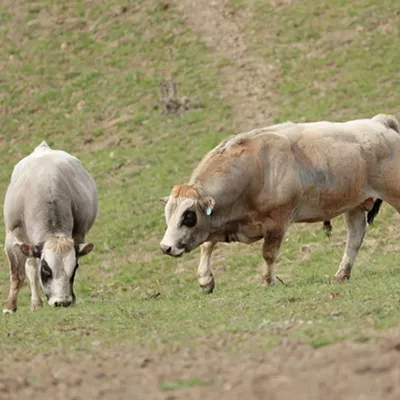Life under the COVID-19 pandemic is rough for everyone, individuals and businesses alike. And local wineries are no exception. With people unable to congregate due to social distancing measures, prime money-making events like tastings and live music are off the table. Meanwhile, sales to local restaurants have evaporated.
And for some smaller wineries, the changes are a big hit.
"The tastings and people coming in and having a glass of wine is a good 45 percent of our business, so we're missing out on that," says Margo Shelman, owner of Craftsman Cellars tasting room in Kendall Yards. "We just don't know what's going to come down the pike and how long it's going to be before we'll be able to be open."
But the pandemic also isn't a death blow to the entire industry. Larger players are riding it out, loyal customers are still supporting their favorite local wineries, grocery stores are still stocking shelves with regional wine, and some wineries are offering to-go cheese platters and various takeaway food options in addition to bottle sales. But it's still rough on the little guys.
"Small wineries are taking the brunt of it. The midsized to larger wineries, those that already had brand loyalty and brand recognition, are doing really well," says Jim van Loben Sels, executive director of the Spokane Winery Association and brand manager at Arbor Crest Wine Cellars. "But those that didn't have a presence in the grocery stores and a distribution network are going to be the hardest hit."
Some wineries have grappled with supply-chain issues as well. Mobile bottling services are booked out while some wineries have struggled getting bottling materials like corks or labels. Other wineries may not be in the position to keep their contracts for bulk grape orders.
Van Loben Sels says that wineries that can pivot quickly to different business models will be able to better weather the pandemic. For instance, he points to online sales and curbside pickup or programming that follows social distancing guidelines (and may eventually be allowed under Gov. Jay Inslee's reopening plan) like intimate, small-group dinners will be better able to weather the pandemic.
"There's opportunity, and creativity is what's going to help you succeed," van Loben Sels says.
Take Sarah Lathrop, co-owner of Liberty Lake Wine Cellars, for instance. Her business cut their hours and came up with special events and sales for their devoted members, like a weekend virtual party for wine club members and to-go picnic packs. And longtime customers still come by to buy bottles.
Still, it doesn't make up for all the lost revenue from live music events and tastings.
"That's how we've opted to stay afloat," Lathrop says. "It's been really slow, except for when I put out these specials.
"It's been mostly wine club members that have come in. In the last 40 days we've had maybe four new customers, so that's been kind of tough," she adds.
On the other end of the spectrum, Arbor Crest Wine Cellars is doing pretty well. They sell to local grocery stores, van Loben Sels says. Now they're eying new programming as the state slowly reopens.
The one thing that community members can do to support local wineries, wine makers say, is to buy local. Buy local wine — or buy cheese plates from local wineries.
"When you buy local and drink local, it stays local," says Jim van Loben Sels, executive director of the Spokane Winery Association. "By making sure that when people purchase something ... those dollars can stay local."
"We're going to get into the food program. We're already doing picnic foods, but now we're looking at more restaurant-style foods because the groups will be so much smaller, we're probably going to do more seated, plated food," he says. "It's going to become more about the intimate experience and giving them something we haven't done before because we don't have those crowds.
"Maybe we'll do some drive-in theater music concepts, where they buy their tickets online," van Loben Sels adds.
But the creative notions aren't without risk: Even if public health officials say it's safe for people to drink and dine at wineries in small, controlled groups, will they even come?
"I think this is where the biggest challenge is going to be," van Loben Sels says. "How much risk is the consumer willing to take?" ♦

